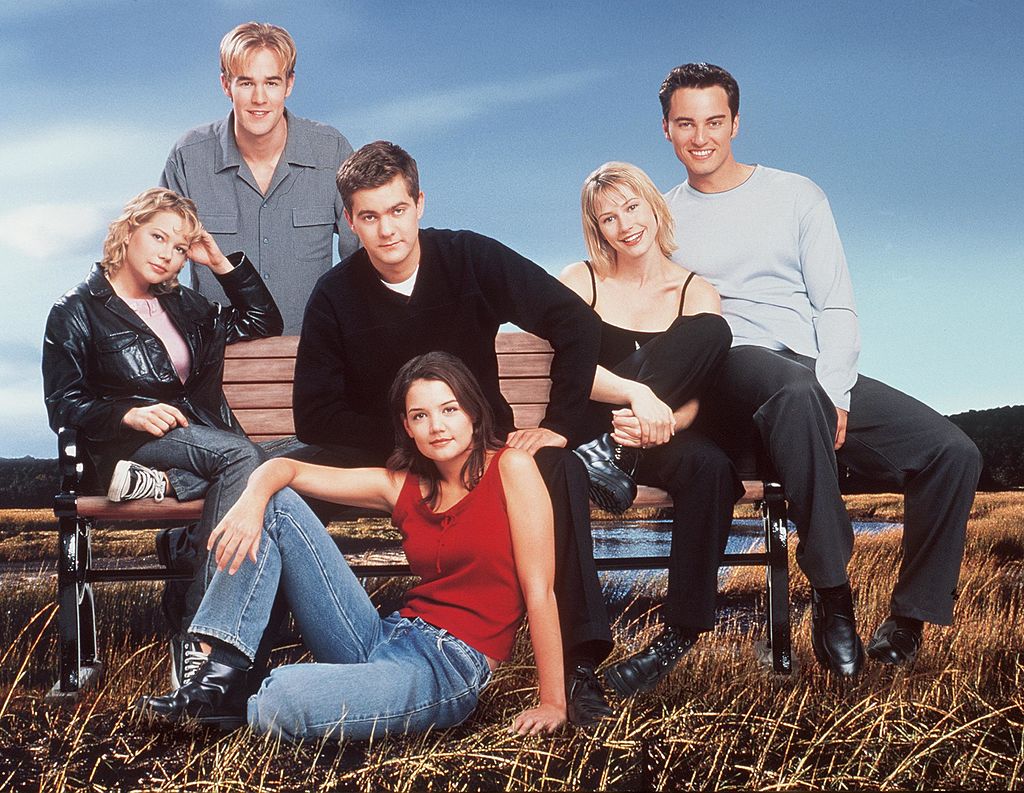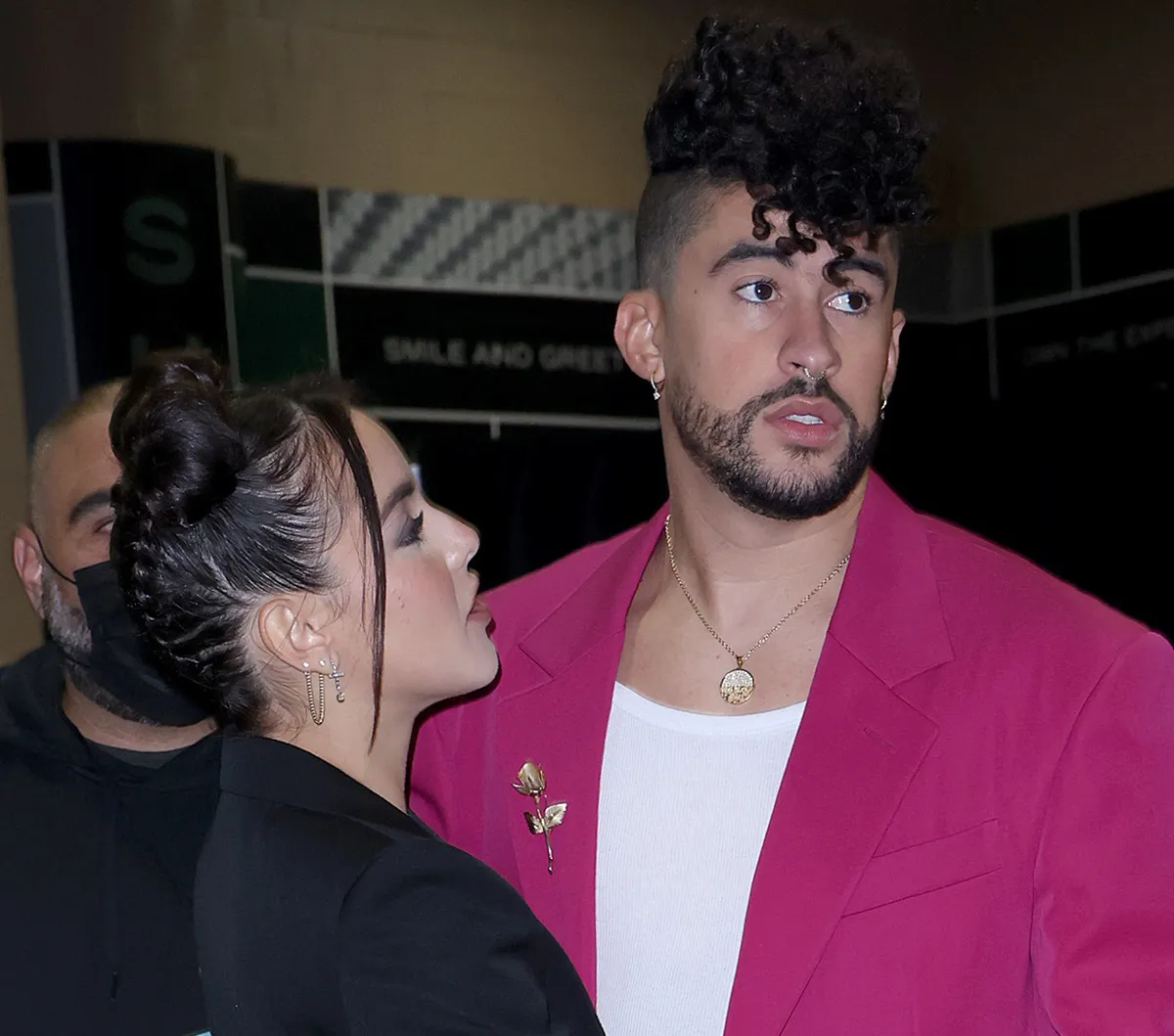‘Dawson’s Creek’ Creator Explains Why He ‘Worried’ About the Storyline He Pulled From Real Life
Some Dawson’s Creek fans may not know that much of the coming-of-age drama is loosely based on creator, Kevin Williamson’s childhood. Not every character and storyline is an exact telling, but there are threads that hit close to home. Here’s why Williamson worried about one bold story in particular.
‘Dawson’s Creek’ drew from Kevin Williamson’s life

More than 20 years ago, Dawson’s Creek aired on The WB Network for the first time. The series disrupted primetime TV. Only had a handful of comparisons aired around the same time such as MTV’s My So-Called Life.
In a 20th anniversary celebration, Williamson told The Hollywood Reporter that when pitching the show, he used real-life inspiration. The creek with the same name, his admiration of Steven Spielberg, and friends served as muses.
When put on the spot for a TV idea, Williamson pulled from real-life.
“I started making up a show. I had no idea! I started talking about growing up in North Carolina on a creek with my video camera, filming movies in the backyard, and wishing to be Steven Spielberg. I just kept talking: it was about me and my friends,” he said.
It’s hard to believe that’s how the iconic show was born. Williamson sold the series to The WB Network and the rest is history.
Williamson explains a real-life storyline he put into the show
At the time Dawson’s Creek aired, Williamson was a “cared as a gay writer in Hollywood,” as he described himself. The character of Jack McPhee (Kerr Smith) was a move Williamson somewhat feared but knew he had to make.
He explained to THR that “it was always designed to have him come out of the closet and be gay.” He, along with partners, strategies on how to get The WB Network on board with their plans for Jack. Initially, he pitched Jack as a “guy who comes between Joey and Dawson.”
“We wanted to bring in all these tentacles to expand the show and complicate the relationships. I didn’t want the audience to hate Jack for being the disrupter so it was a balancing act,” he said.
“I told Susanne [Daniels] that we wanted Jack to come out. She called me back the next day and said she thought it was going to be a special storyline. She had one request: not to ignore Joey’s point of view and her reaction to it.”
Williamson and writing partner, Greg Berlanti, shared responsibilities in crafting Jack’s coming-out story. Both put pieces of their actual experiences into the show.
“The storyline about writing that poem and Pacey spitting in the teacher’s face was based on something that happened in Greg’s high school years,” he said.
“We wanted to make sure Pacey had a part in that storyline. And the father’s reaction came from other people’s personal experiences,” he said.
“When we actually aired it, it was really important to me because it was the first time I got to write that side of myself and express all my feelings and emotions about growing up in a small town and being scared to be honest about myself and tell people about myself.”
Williamson ‘worried’ about reactions to the episode
The producer/director admitted there are pieces of him in nearly every episode.
“I can tell you where every moment came from and if it was rooted in a real story that a writer came into the room with,” he said.
However, when it came to Jack’s coming out, Williamson felt he’d laid himself bare. The season 3 finale titled, “True Love,” brought Jack together with Ethan (Adam Kaufman). Though the story ends with Jack heartbroken, it was primetime TV’s first “passionate” gay kiss, making history.
“My family got really uncomfortable because I had just come out to them a year before. But it was no secret. Everyone in my life knew I was gay; I had just never said it out loud and I thought I had to,” he said.
His mom, he said, had more discomfort than others. She saw parts of herself in the storylines — things he didn’t “disguise” as well as he could’ve.
“I always tried to be respectful but worried about what my parents would think. When we wrote those [coming out] storylines I would say I was worried about what my mom and dad were going to think,” he said.
The moment has come and gone, paving the way for more projects that normalize stories like Jack’s, like Williamson’s. Dawson’s Creek was ahead of its time for many reasons. But, Jack’s coming-out is one that will always resonate with those who needed to see it most.


